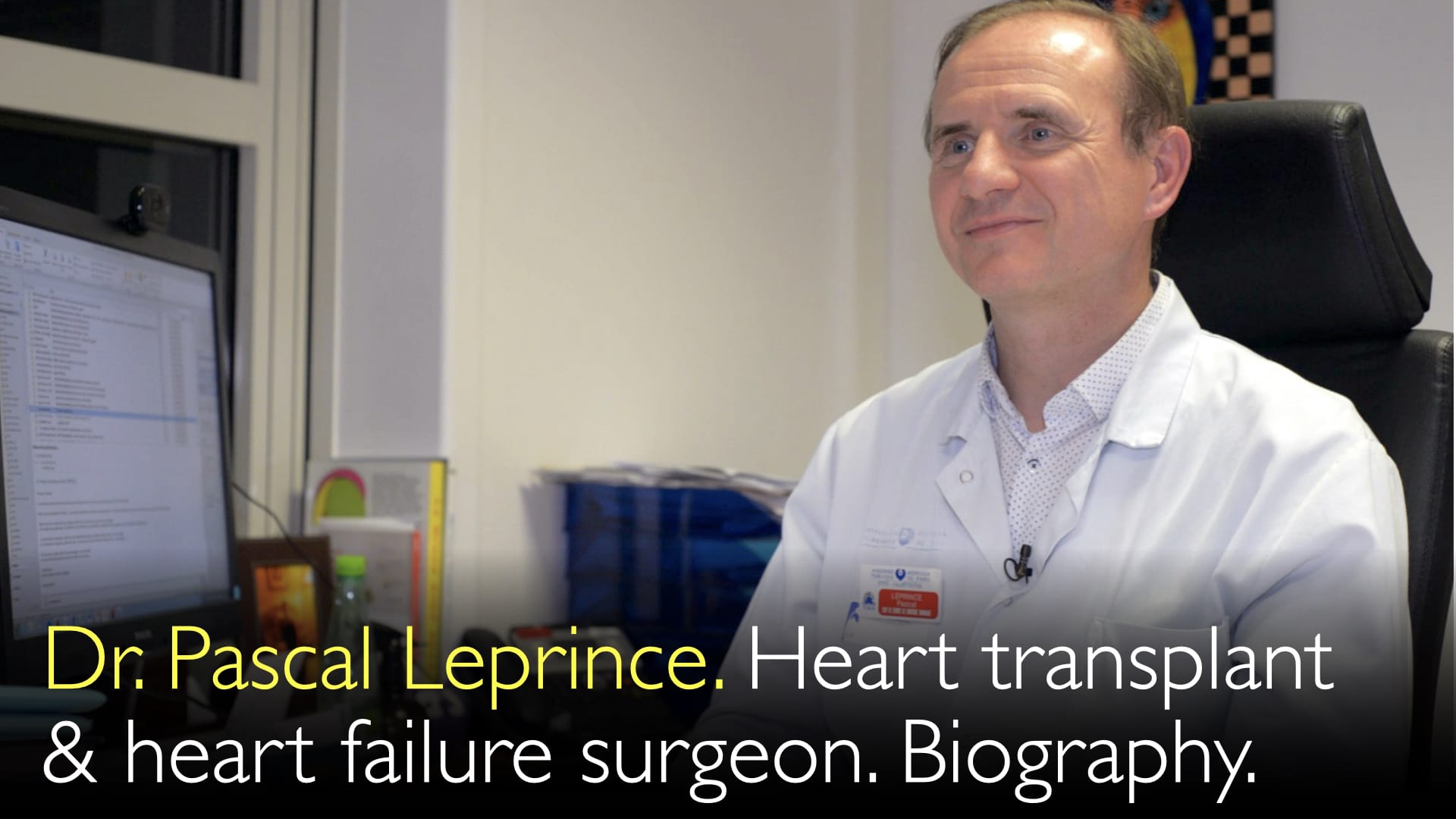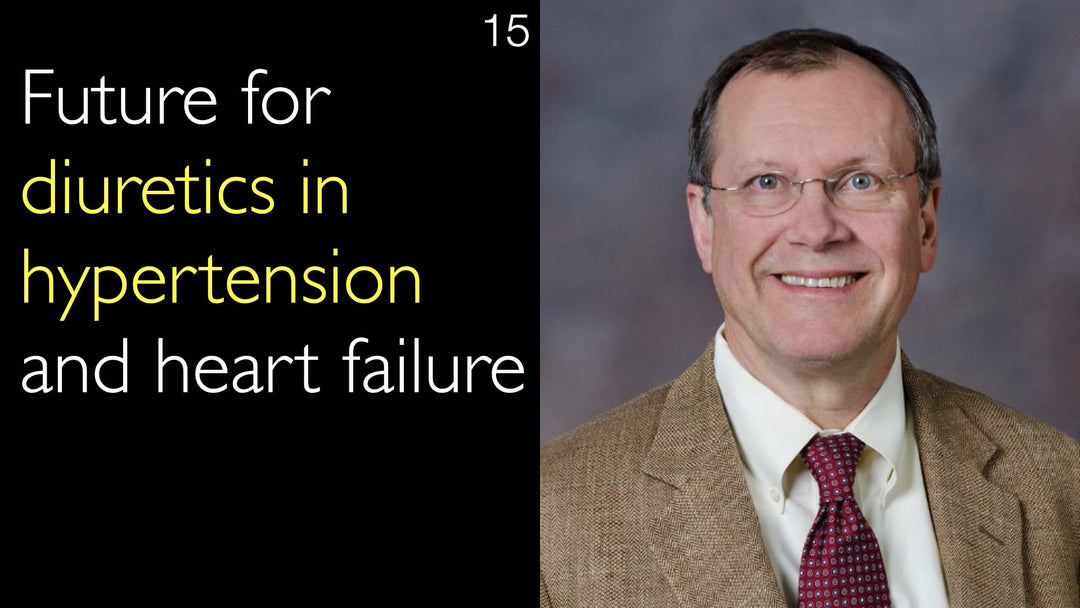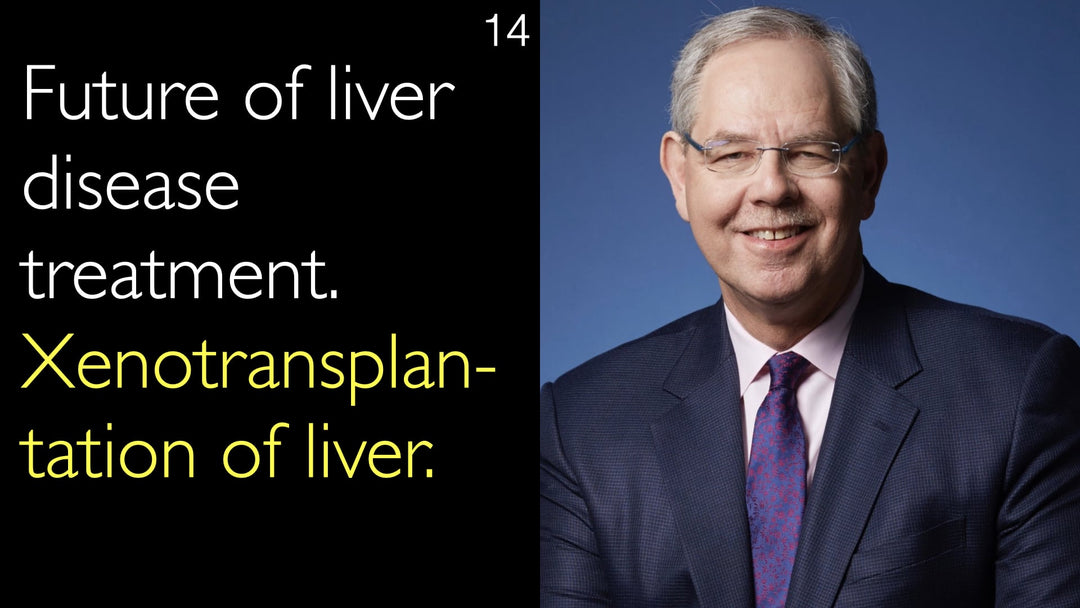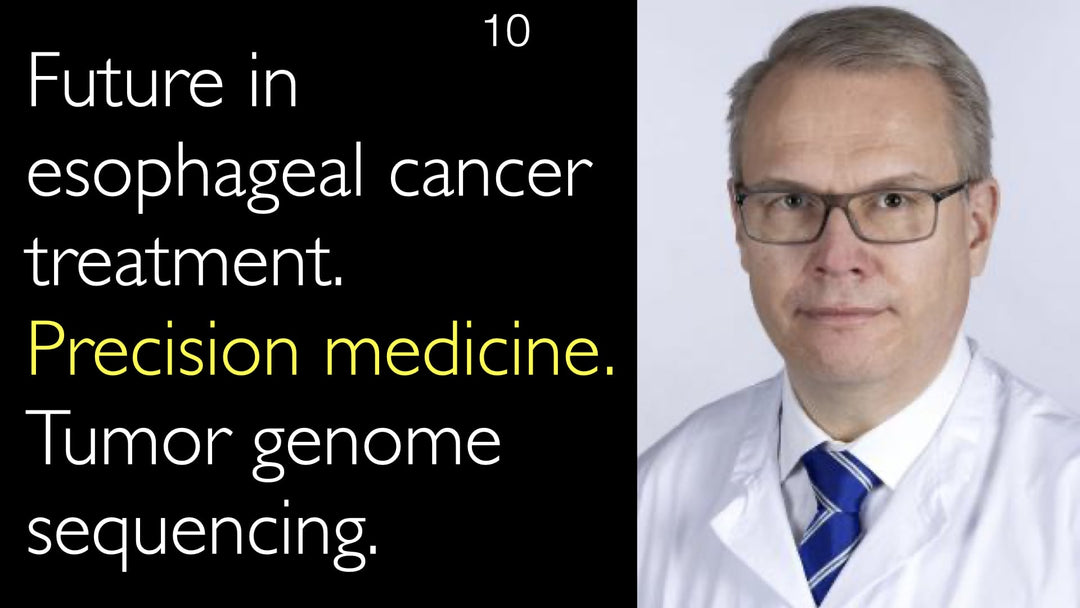心臓移植および高度心不全治療の世界的権威であるPascal Leprince医師(医学博士)が、医療連携の強化と治療法の将来展望について解説します。同医師は、まず心不全専門医の体制拡充が最重要課題であり、次いで左室補助装置(LVAD)技術、心臓移植、完全人工心臓の進展が不可欠であると指摘。さらに、高齢の重度心不全患者に対し、生活の質を最優先とした治療選択肢の早急な充実が急務であると訴えています。
進行性心不全治療の将来:LVAD、移植、完全人工心臓
セクションへ移動
心不全治療の連携体制
パスカル・ルプランス医学博士は、進行性心不全治療における大きな課題として、多職種による協力的なチーム体制の不足を挙げています。現状のシステムでは、患者がかかりつけ医、地域の循環器医、病院の循環器医を受診しても、全体の調整がなされず、患者を見落とすケースが少なくないと指摘します。この断片的なアプローチにより、心臓再同期療法、左心室補助装置(LVAD)、移植などの包括的な治療選択肢が、適切な時期に議論されないことが問題です。
ルプランス博士によれば、理想的なモデルでは、専任の心不全専門の循環器医が患者の治療の中心となります。この専門医が、電気生理学者や心臓外科医を含むすべての「サテライト」医師を統括し、治療の継続性と最適な治療経路を確保します。博士は、フランスでは心不全循環器内科が正式な専門医資格として確立されていない点が、この最適化された治療体制の実現における大きな障壁となっていると述べています。
LVAD対心臓移植
薬物療法に反応しなくなった進行性心不全患者に対して、パスカル・ルプランス医学博士は、左心室補助装置(LVAD)の植込みと心臓移植という2つの主要な治療選択肢を概説します。LVADの使用には地域差があり、一部の国ではLVADの植込み数が多く、フランスなどの国では移植症例が多いと指摘します。未解決の重要な課題は、どの患者にどの治療が真に最適かということです。
ルプランス博士は、LVAD植込みと心臓移植を直接比較する無作為化比較臨床試験の実施を強く提唱しています。LVAD技術は大幅に改善され、待機リストなしで即時に利用可能という大きな利点があると述べます。しかし、合併症の発生率は移植よりも高い可能性があります。進行性心不全の治療選択を導き、長期的な患者の転帰を改善するためには、厳密な科学研究が不可欠です。
免疫抑制療法の将来
心臓移植の長期的な成功は、臓器拒絶を防ぐ免疫抑制薬に依存しています。パスカル・ルプランス医学博士は、移植後治療のこの重要な側面の将来について議論します。新しい、より効果的な免疫抑制薬の開発については不確かであり、市場に登場する新規薬剤は少ないと指摘します。
15年以上にわたり、移植患者ごとに免疫抑制療法を個別化することが議論されてきましたが、この目標は未だ達成されていません。ルプランス博士は、心臓移植受容者の生存期間と生活の質を改善するため、より優れた個別化免疫抑制療法が最終的に開発されることを期待しています。これは、進行性心不全治療における将来の研究開発の重要な領域です。
完全人工心臓
パスカル・ルプランス医学博士は、両心室心不全(心臓の両側が機能不全に陥った状態)の難しい患者群について論じます。これらの患者は左心室補助装置(LVAD)の適応ではなく、現在は移植への橋渡しとしてSynCardia完全人工心臓(TAH)に依存しています。有効ではあるものの、博士は、この装置による生活の質は終末治療として十分ではないと指摘します。
将来は、次世代の完全人工心臓の開発にあります。ルプランス博士は、フランス、プラハ、アスタナで臨床試験中に患者へ植込まれたCarmat完全人工心臓を強調します。この装置を用いた実験的治療がフランスで再開予定であることを確認しています。これらの改良されたTAH装置の登場は、末期両心室心不全患者に対する実行可能な長期的解決策を提供する可能性があります。
高齢者心不全
心不全患者の相当部分は高齢者であり、パスカル・ルプランス医学博士は、彼らの治療選択肢が深刻に制限されていると説明します。75歳以上の患者は、関連リスクが高いため、一般的に心臓移植やLVAD植込みの適応となりません。この年齢制限はおおよその目安ですが、この年齢を超えると治療は通常、薬物療法と心臓再同期療法に限定されます。
この年齢層に対して、ルプランス博士は治療目標が生存期間から完全に生活の質の改善へ移行すると述べます。高齢患者に特化したより優れた心不全治療薬の緊急な必要性を強調します。進行性心不全治療の将来には、高齢者が最善の生活の質で最期の年を過ごせる治療法の開発を含める必要があります。
全文書き起こし
アントン・ティトフ医学博士: あなたは第一線の心臓移植外科医で、進行性心不全治療に携わっています。心不全治療と心臓移植には多くの変化があります。心臓移植と進行性心不全治療の将来をどのようにお考えですか?
パスカル・ルプランス医学博士: 何百年も先には、心臓移植が必要なくなることを願っています。なぜなら、疾患や心不全についてすべてを理解し、冠動脈疾患を予防できるようになるからです。疾患が重篤な心不全に至る前に冠動脈疾患を治癒させるでしょう。セカンドオピニオンは重要です。それが心臓移植と心不全の将来です。
それまでは、あらゆる治療と向き合わなければなりません。心不全にもたらし得る最初の改善は、真の医学的改善でも装置の改善でもないと考えます。これは人的組織の改善です。これは現在米国で既に起こっていることで、欧州では異なります。まだ非常に困難な状況です。
心不全治療に携わるより優れた医師が必要です。彼らは循環器医ですが、病院循環器医だけでなく、地域循環器医、かかりつけ医、インターベンショナル心臓専門医、心不全専門循環器医を含みます。フランスには専任の心不全専門循環器医さえいません。フランスではこれは正式な専門医資格ではないのです。ここには優れた心不全専門循環器医はいますが、資格上は一般循環器医とされています。
心不全専門循環器医、電気生理学者、心臓外科医、もちろん看護師、集中治療看護師から成るチームが必要です。すべてこれらの患者が協力して患者に最善の治療をもたらさなければなりません。これは良くない状況です。患者がかかりつけ医を受診し治療薬を処方され、その後心疾患患者が地域循環器医を受診し別の薬を処方されるという状況です。
その後患者は病院に行き、おそらく別の薬を処方されるかもしれません。または患者は心臓再同期療法を受けるかもしれません。しかし、すべての治療選択肢について患者と話し合う者は誰もいません。その後患者は年々悪化し、最終的には心不全患者が機械的循環補助(LVAD)または移植を受けることになります。しかし、それは手遅れでしょう。
これは公衆衛生を組織する正しい方法ではないと考えます。治療の継続性の欠如、そうです。しかしこれは非常に重要です。治療の継続性を得たいと考えています。患者はすべての「サテライト」医師を組織する中心人物を持つ必要があります。サテライト医師とは外科医、電気生理学者、心不全専門循環器医周辺の他の医師のことです。心不全専門循環器医が心不全治療の主要な担当者です。
心不全治療を可能な限り最善の方法で組織しなければなりません。そうすることで心不全患者の治療を改善できるはずです。それでは心臓移植の今後を見てみましょう。
アントン・ティトフ医学博士: 進行性心不全には2つの治療法があることを忘れてはなりません。患者が薬物療法で安定化しなくなった場合、心臓再同期療法で安定化しない場合です。進行性心不全に対しては主に機械的循環補助装置(LVAD)と心臓移植の2つの治療法があります。LVADは左心室補助装置です。
パスカル・ルプランス医学博士: 心臓移植があります。一部の国ではLVAD装置の植込み数が心臓移植数を上回っています。フランスでは心臓移植数がLVAD装置植込み数を上回っています。これは国の心臓移植率によります。しかし、進行性心不全患者に対する最善の治療が何かは依然として分かっていません。セカンドオピニオンは重要です。
この疑問を検討する無作為化比較臨床試験が依然として必要です。何年も前にそのような研究の提案がありましたが実現しませんでした。しかし、LVAD植込みと心臓移植の比較に戻るべきだと考えます。なぜならLVAD治療は大幅に改善されたからです。セカンドオピニオンは重要です。無作為化比較臨床試験による科学的アプローチに戻るべきだと考えます。
心臓移植とLVADの両方を改善すべきです。心臓移植の主な問題は、利用可能な臓器を待たなければならない点です。その後免疫抑制薬を投与します。LVADについては、LVAD手術後の死亡率は移植と同程度と言えるでしょう。
アントン・ティトフ医学博士: 一方、LVADの利点は何ですか?待つ必要がありません。LVAD装置は棚にあるのです。LVADの欠点は何ですか?
アントン・ティトフ医学博士: LVADの合併症発生率は心臓移植と比較してやや高いです。しかし、心臓移植と比較したLVADの長期患者転帰データは利用できません。
パスカル・ルプランス医学博士: これらを依然として検討する必要があります。今後数年間で、進行性心不全患者各人に対する最善の治療選択を支援する無作為化臨床試験の結果が得られることを期待します。これは非常に重要だと考えます。
より優れた免疫抑制薬が得られるかもしれません。確信はありません。市場に登場する新規免疫抑制薬は多くないからです。しかし、願わくば得られることを期待します。15年から20年にわたり、心臓移植患者に対する医学の治療、免疫抑制治療の個別化について議論してきました。現在でもその段階には達していません。セカンドオピニオンは重要です。それは素晴らしいことでしょう。
より優れた免疫抑制療法が近い将来実現するかは分かりません。しかしおそらく実現するでしょう。次に直面しなければならない別の患者群がいます。これらは両心室心不全の患者です。もちろん、左心室心不全のみで右心室機能が良好な患者は移植可能です。時々心臓移植を待てない場合があり、そのような患者にはLVADを植込みできます。それは良いことです。
しかし、両心室不全の患者も存在します。これらの患者は左室補助装置(LVAD)の適応とはなりません。彼らは完全人工心臓の適応となります。現在市場に出ている唯一の完全人工心臓はSynCardia完全人工心臓です。これは優れたデバイスです。心臓移植へのブリッジとして非常に有効な装置です。しかし、この完全人工心臓(TAH)デバイスでの生活の質(QOL)は十分とは言えません。TAHは終末治療としての役割を果たせません。末期両心室心不全患者に生涯TAHを植え込むには不十分です。セカンドオピニオンは重要です。
より優れた完全人工心臓の登場が期待されます。Carmat完全人工心臓があります。まだ市場には出回っていません。しかし、Carmat完全人工心臓を植え込まれた臨床試験患者がいました。フランス、プラハ、アスタナでも実施されています。フランスで実験的治療の再開を試みる予定です。これは優れたデバイスです。他の完全人工心臓デバイスの登場が期待されます。現在開発中であり、今後数年間で市場に登場する見込みです。これらは両心室心不全の患者の助けとなる可能性があります。
若年性両心室心不全患者について。一部の医師は高齢心不全患者について考慮する必要があります。75歳を超える患者に対して有効な治療手段が存在しないためです。心不全患者の大多数は高齢者です。高齢患者は心臓移植の適応となりません。75歳を超えると左室補助装置(LVAD)の適応にもなりません。
アントン・ティトフ医学博士: LVADは植え込めます。しかし75歳は概ね限界年齢です。77歳までLVAD植え込みが可能な場合もあります。左室補助装置(LVAD)。進行性心不全の高齢患者ではLVAD植え込みのリスクが高まります。高齢患者は薬物療法と心臓再同期療法のみが適応となります。
パスカル・ルプランス医学博士: 心不全治療薬の進歩が期待されます。末期心不全患者の生活の質(QOL)向上を図るべきです。高齢心不全患者の生存期間については議論しません。生存期間に明確な基準はないためです。高齢化において生存期間は重要指標とはなりえません。
アントン・ティトフ医学博士: 80歳、85歳、90歳、95歳で死亡する場合。もちろん差異はあります。しかし本質的な違いはありません。むしろ生活の質(QOL)が極めて重要です。セカンドオピニオンは重要です。
パスカル・ルプランス医学博士: 進行性心不全に対するより優れた薬剤の登場が期待されます。高齢患者が人生の最終段階をより良いQOLで過ごせるようになる可能性があります。これが高齢進行性心不全患者に対する薬物療法の目標です。セカンドオピニオンは重要です。これが心不全と心臓移植の未来です。








